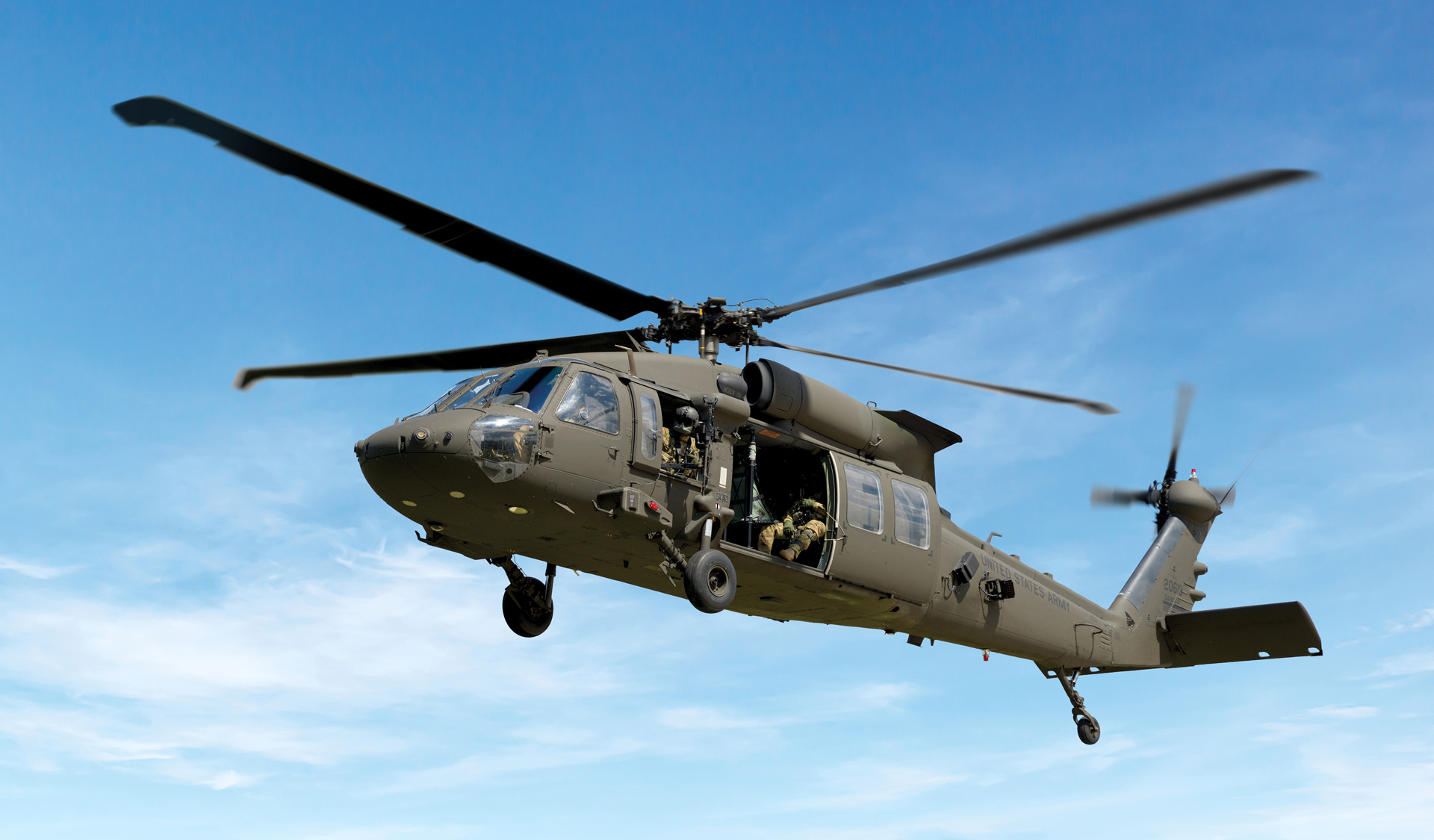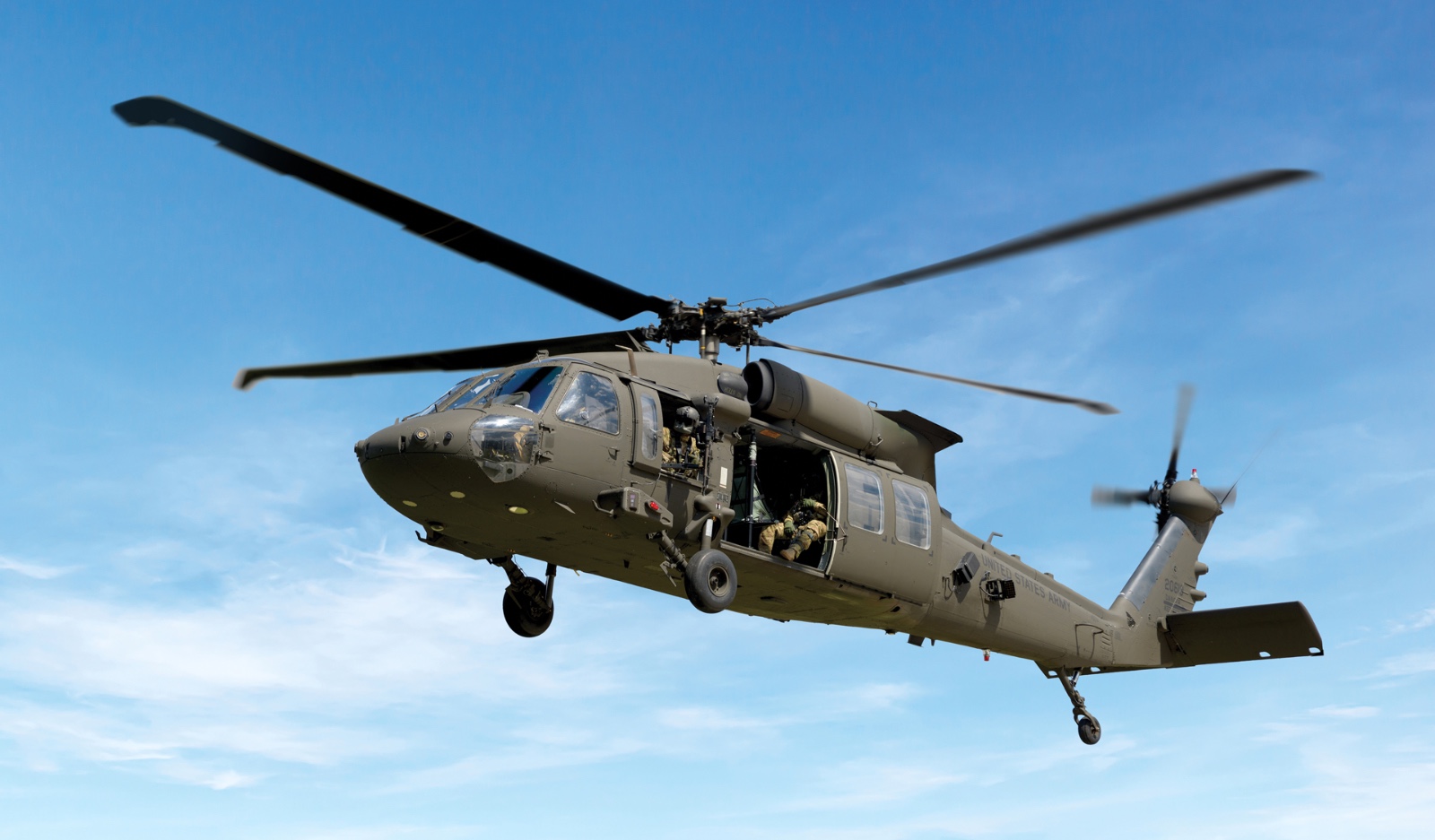F-35, Rafale, F-16 & Black Hawk: US Adds More Muscle To Greek Military; Rival Turkey Stuck With Aging Jets
The United States has authorized the transfer of 35 UH-60 Black Hawk helicopters and additional military equipment to Greece, totaling US$1.95 billion, when Greek rival Turkey continues to appeal for F-16 fighter jets from Washington.
US To ‘Re-Deploy’ F-15EX Heavy Fighters In Japan After Replacing Them With F-22 Raptors – Reports
The US Defense Security Cooperation Agency (DSCA) announced on December 15 that the deal includes the UH-60 M-type (Black Hawk) helicopters and other military armaments like miniguns, machine guns, rockets, advanced electronic suits, training, and logistical support. Sikorsky, a Lockheed Martin company, will be the deal’s principal contractor.
The development is significant, as the Greek Defense Minister Nikos Dendias announced earlier in July that the nation intended to increase its defense spending by about US$12.62 billion over the following four years.
At the time, he stated that 19 significant procurement were planned for the next four years, including upgrading 37 F-16 Block 50 aircraft and at least 20 F-35 fighter jets.
Greece signed an agreement with French aerospace giant Dassault Aviation to purchase 18 Rafales in January 2021. However, another deal was signed in March 2022 for six additional aircraft, bringing the total number to 24.

In addition, Athens has also sent an official request to the United States to purchase 20 F-35 fifth-generation stealth fighter jets.
”We intend to acquire an F-35 squadron with a possible option for a second one. Sending a Letter of Request (LoR), which has happened in the past few days, is part of this process,” Mitsotakis told reporters after a NATO summit in June 2022.

In February this year, a US Senator, Bob Menendez, who chairs the Senate Committee on Foreign Relations, announced that he had given the go-ahead for selling Lockheed Martin’s F-35 fifth-generation fighter jets to Greece.
In essence, Greek military modernization is catching pace like never before. Speaking at a plenary discussion on the newly formed government’s policy agenda, the Greek defense minister also noted earlier this year that they will significantly enhance the capabilities of the Greek armed forces, coupled with the acquisition of three FDI-type frigates, 24 Rafale fighter jet from France, and 83 additional F-16 fighter modifications.
Additionally, Greece’s National Security Governmental Council, presided over by Prime Minister Kyriakos Mitsotakis, approved the purchase of Israeli-made SPIKE NLOS missile systems on March 29.
Greece, a member of NATO, spends more than 2% of its GDP on defense and has undertaken a comprehensive modernization of its military in the wake of tensions with another NATO ally, Turkey, which peaked in the last couple of years.

For many years, Greece and Turkey have been at odds over several issues, including energy resources, the ethnically divided island of Cyprus, overflights in the Aegean, and the extent of their continental shelf and maritime boundaries.
These overarching tensions are finally beginning to phase out. On December 14, Greece and Turkey decided to rebuild their relationship and set forth a plan to bring in a new phase of more robust connections between the two NATO partners who had previously been adversaries.
During a historic visit, Turkish President Tayyip Erdogan and Greek President Sophia agreed to increase trade volumes, work on issues that have kept them apart, particularly in the Aegean Sea, focus on pursuing good neighborly relations, maintain open lines of communication, and seek military confidence-building measures to eliminate sources of tension.
Just a day later, the purchase of American choppers and other military equipment was announced. The move has signaled that the military modernization and acquisitions made by Athens are thus expected to continue despite a thaw in tensions with Ankara.

However, there’s a catch. While Greece continues adding more teeth to its air power by purchasing from NATO allies like France and the United States and upgrading its existing fighter jet fleet, Turkey has struggled to acquire F-16s from the US apart from losing the -35 stealth fighter to American sanctions in 2019.
Turkey Is Pleading For F-16s And Eurofighter Jets
Turkey stated on December 16 that it expects the United States to act quickly and decisively on the F-16 fighter jet agreement. The lengthy procedure Ankara has to undergo to get F-16 aircraft from the United States to update its air force has upset the Erdogan administration, Daily Sabah reported.
Istanbul needs the upgraded F-16s not just for practical reasons but also for strategic and budgetary reasons. Following the US edging out Turkey from the F-35 development program over the purchase of Russian S-400 fighter jets, Ankara has been attempting to purchase 40 F-16 airplanes and 80 F-16 modification kits to replace the F-16s it already possesses.
The aging F-16s need an urgent upgrade, especially since the F-35s are elusive, and Turkey’s next-generation fighter currently under development will not be ready for deployment for several years. An urgent purchase has become imperative to combat its rival Greece’s technologically advanced fighter fleet.

In July this year, US President Joe Biden’s administration backed Turkey’s desire to purchase 40 new Lockheed Martin Corp F-16 fighter jets and modernization kits for its existing warplanes from the US. However, the deal needs approval from the US Congress, which is not forthcoming.
Yaşar Güler, the minister of national defense, stated that “technical meetings” about the F-16 procurement have concluded and emphasized that Turkey anticipates “positive and solid steps” from the United States.
“We expect the process to start with positive and concrete steps as soon as possible,” Güler informed reporters during a year-end assessment conference in Ankara, the capital of Turkey.
Upset by the US Congress sitting on the decision to supply F-16s, Turkey began talks with European states on buying the most advanced variant of the 40 Eurofighter Typhoon. It has been talking with the consortium that builds the fighter jet, including the UK, Spain, and Germany. However, the talks have hit roadblocks with German disapproval of the sale.
Güler noted that sanctions are the primary concern in the procurement process. He consistently states that “allies should understand Turkey’s global and regional function well and consequently immediately give up such restriction practices.”
“We emphasize that a strong Turkey and a strong Turkish Armed Forces (TSK) mean a strong NATO and a strong alliance, and a strong fight against terrorism,” he noted.
He further noted that Turkey believes that Eurofighter jets are the best option. He stated that Turkey intends to buy 40 Eurofighters, 20 of which will be the first generation and 20 of which will be the upgraded model.
Germany has come under fire from Ankara several times for turning down its desire to purchase the planes. According to Güler, they anticipate a German reaction that upholds the “spirit of (NATO) alliance.”
“The UK’s support and approach on this issue is important as it sets an example for other allies. Spain also provides similar support to us. Regarding Germany’s objections, it would be the right approach to take options and decisions in line with the common security perspective, based on the spirit of alliance,” the minister noted.
With NATO allies US and Germany dithering on the sale of fighter jets that Turkey desperately needs, there is speculation that Ankara could turn towards their rivals Russia and China for its requirement.


